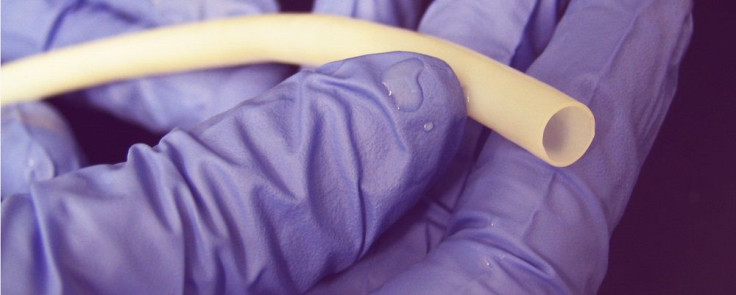Engineered blood vessels top list of new medical technologies worth watching

Halfway through 2016, several medical breakthroughs have been made by startups and established research establishments expected to have a major impact on medicine in the coming years. Leading the list is Humacyte’s engineered blood vessels.
The North Carolina-based startup grows human tissues in labs which could be implanted safely in the body. Designed for kidney dialysis patients, Humacyte uses donor cells to grow human tissue needed to make the blood vessels, reports The Wall Street Journal.
The patients’ immune system does not reject the blood vessels since Humacyte cleanses the donor cells prior to implantation. When the bioengineered blood vessels are merged with natural cells, the patient is less prone to infection and more durable compared to metal tubes usually used to facilitate blood flow during dialysis, according to two mid-stage studies by Humacyte, published in the Lancet journal in May.
Making blood vessels is a step forward in bioengineering functioning human tissues which regenerates similar to natural tissue, says Laura Niklason, co-founder of Humacyte and anaesthesiologist and scientist at Yale University. She adds engineered blood vessels are still a far cry from engineered whole organs which could be about 20 years away.
Humacyte is just one of the institutions involved in tissue engineering. At Harvard University, Jennifer Lewis uses a 3-D bioprinter to layer a mix of cells in the form of blood vessels. Mesoblast in Australia is developing tissues grown in the lab made from stem cells for use to repair organs or form new blood vessels. Another startup, Organovo in San Diego, uses also 3-D printing to make kidneys and livers for transplant, reports Statnews.
The bioengineered blood vessel of Humacyte, called Humacyl, is waiting for approval by the US Food and Drug Administration. The product has the potential to eliminate surgeries to resectioning the existing blood vessels of a patient for procedures such as coronary artery bypass by the use of Humacyl instead, reports CNBC.
VIDEO: Interview with Laura Niklason, Humacyte





















